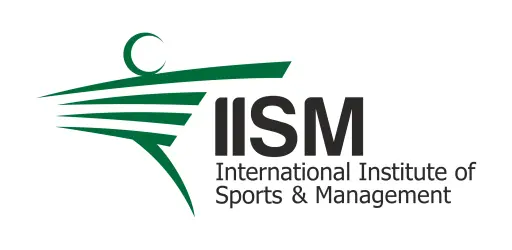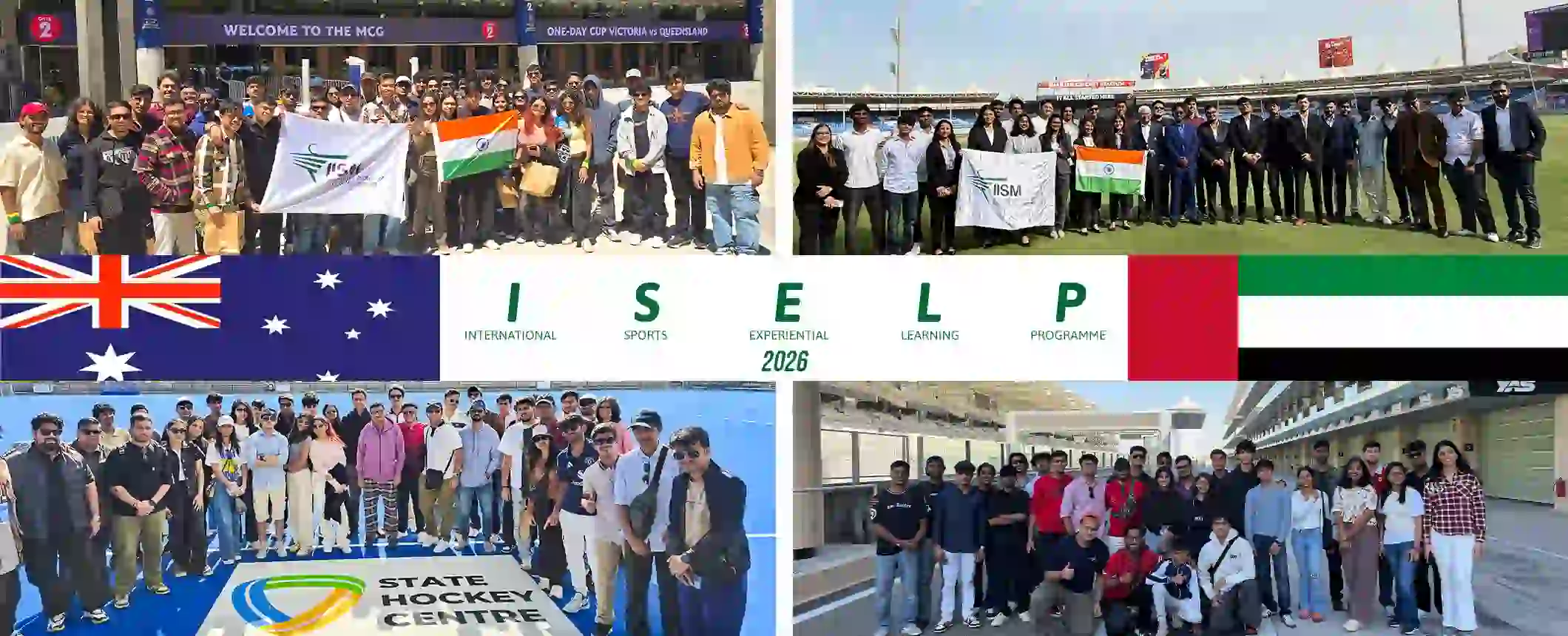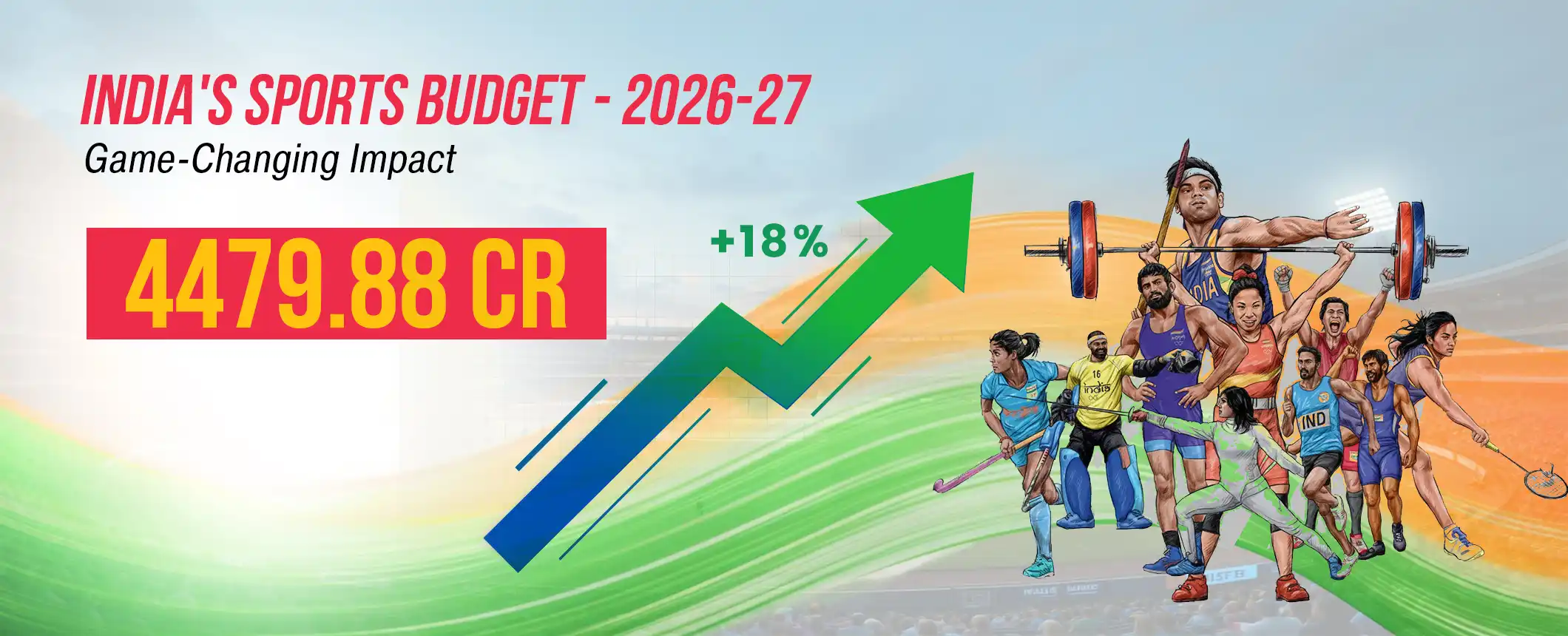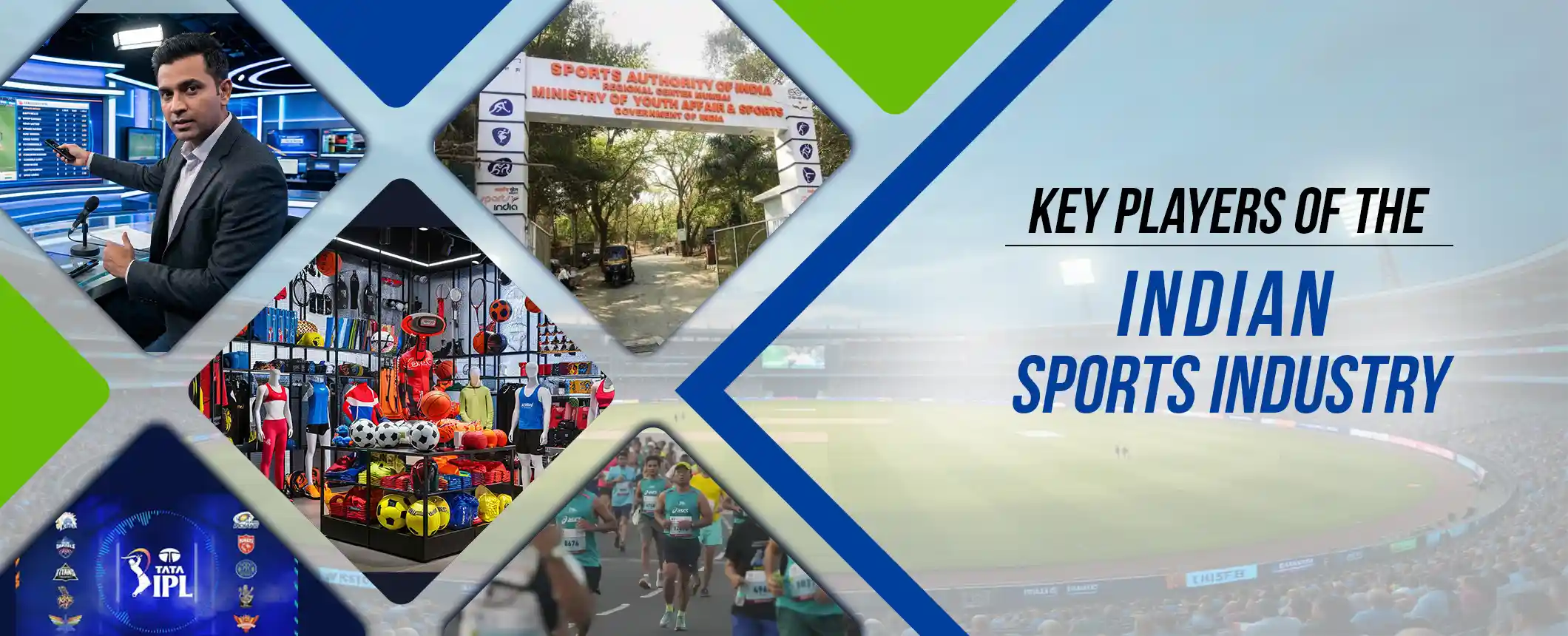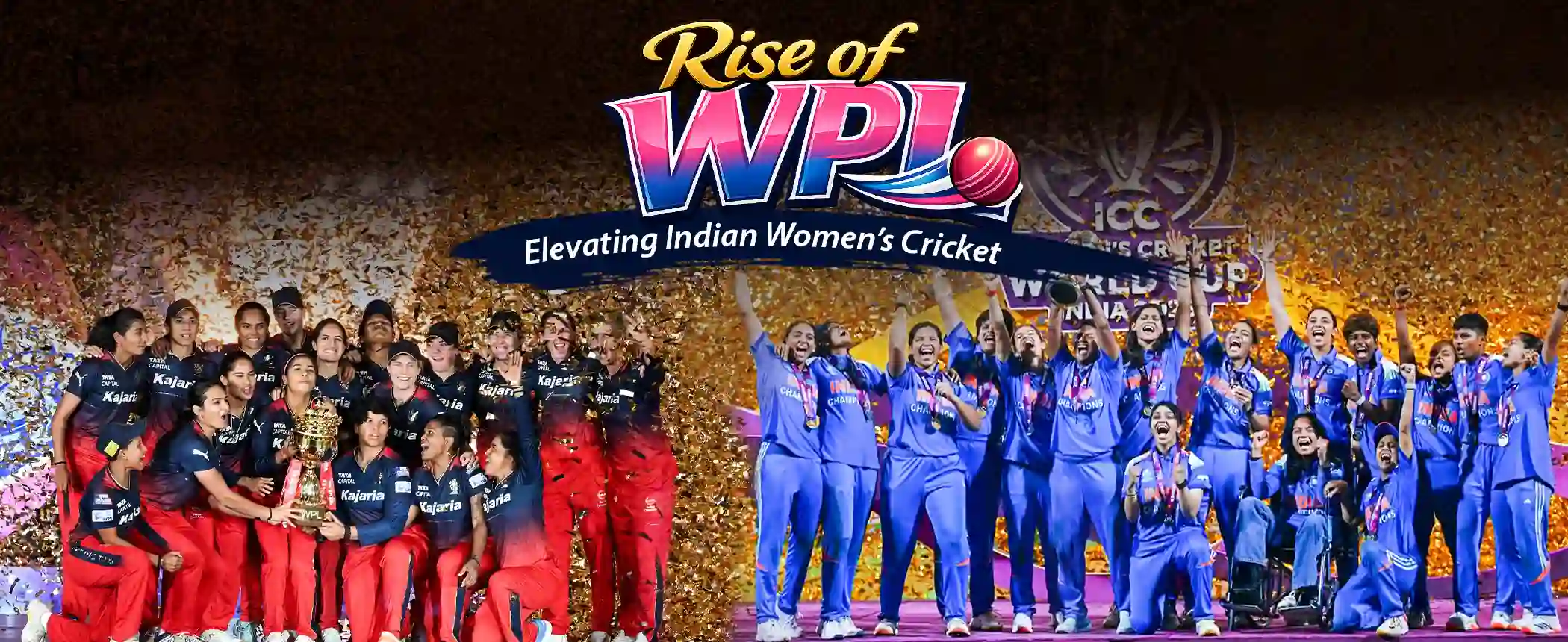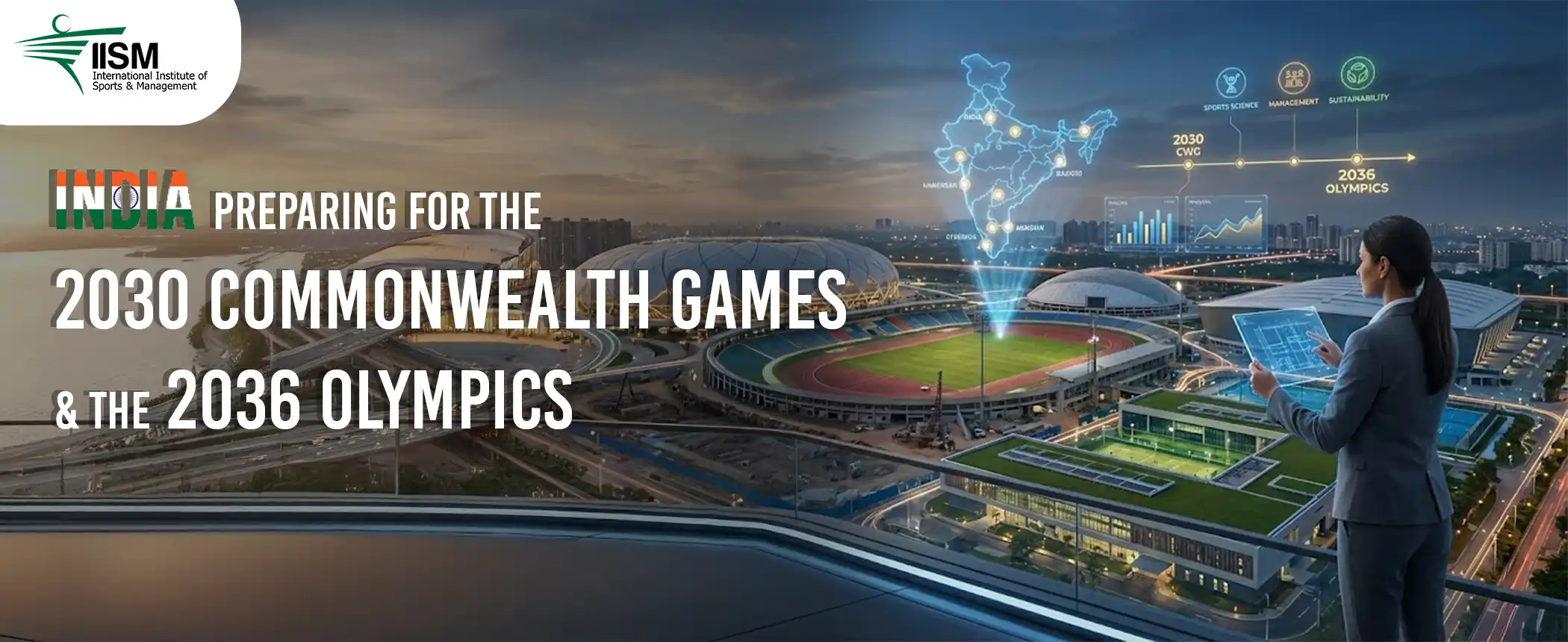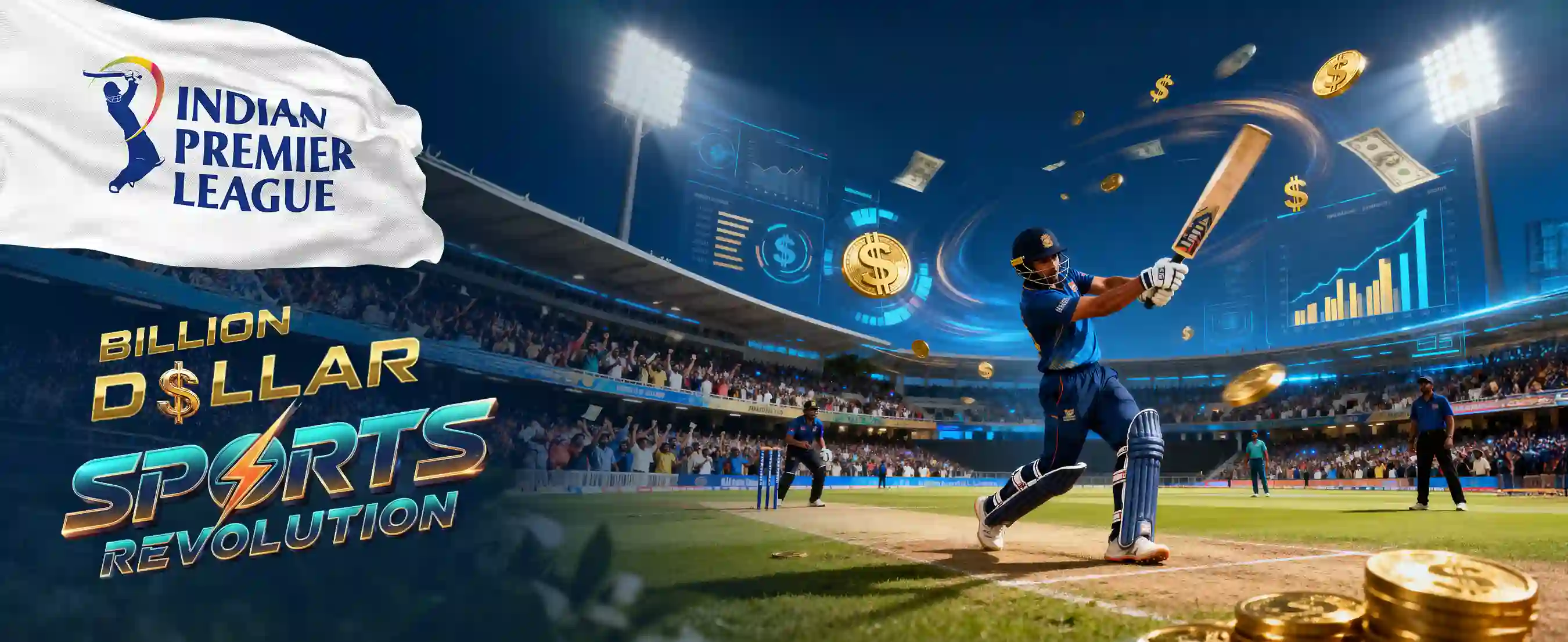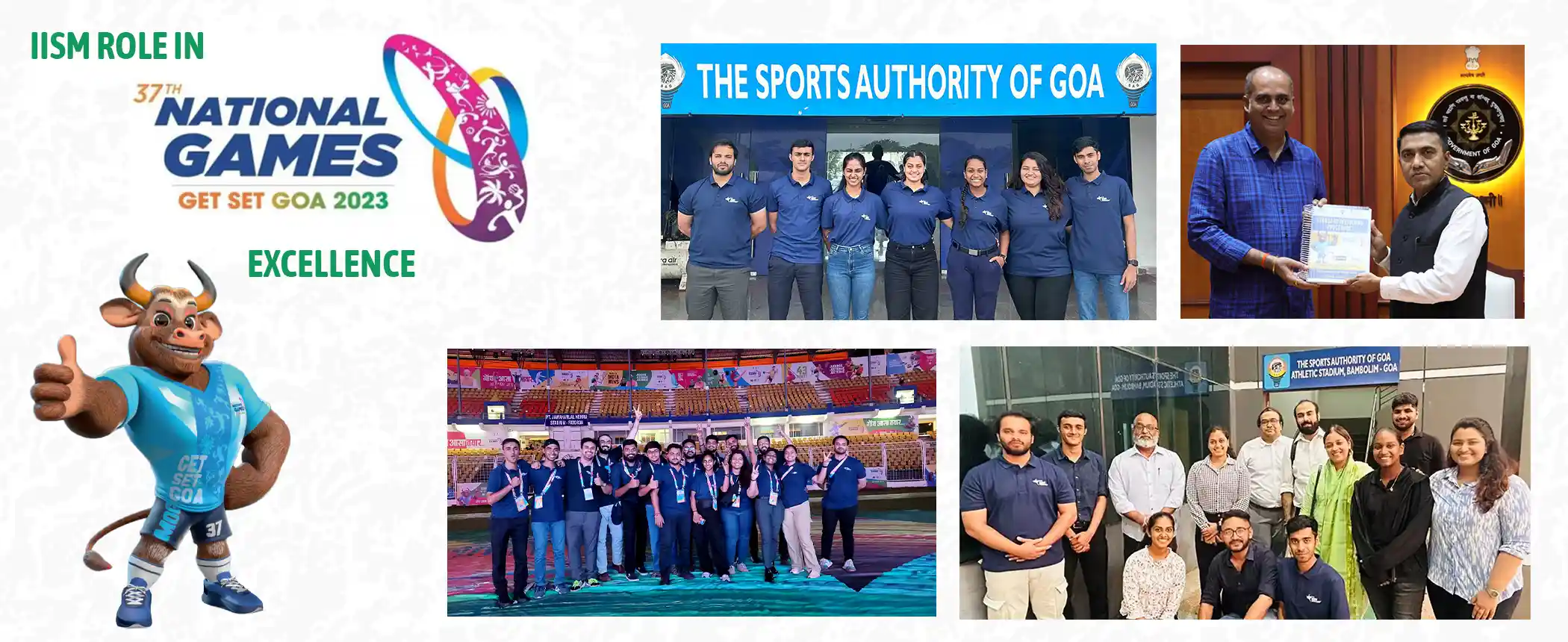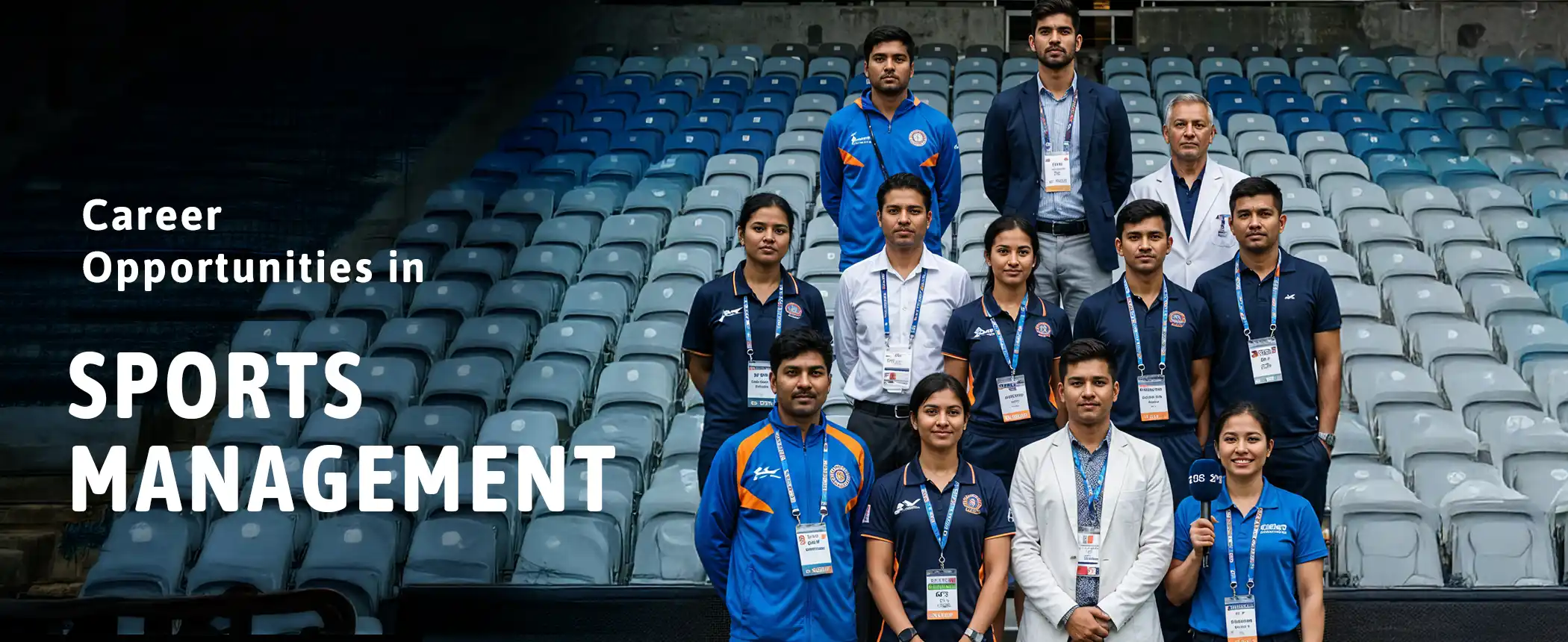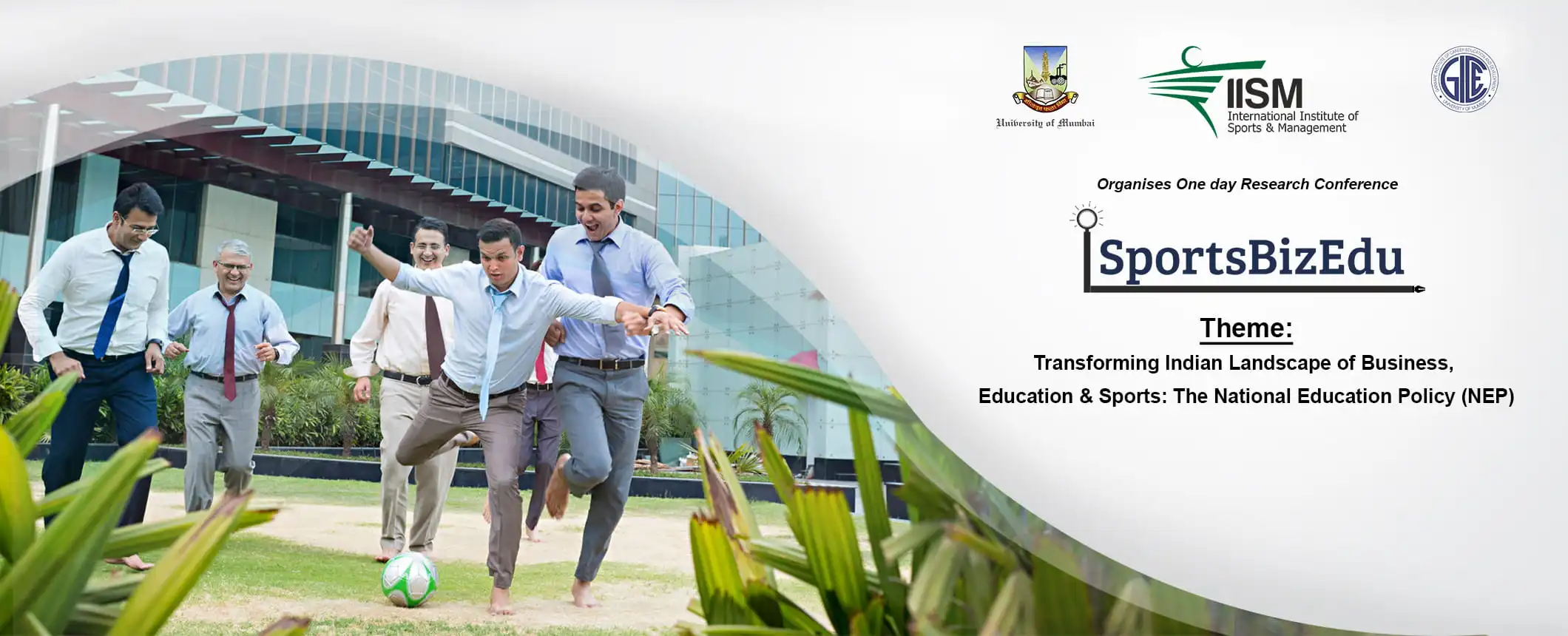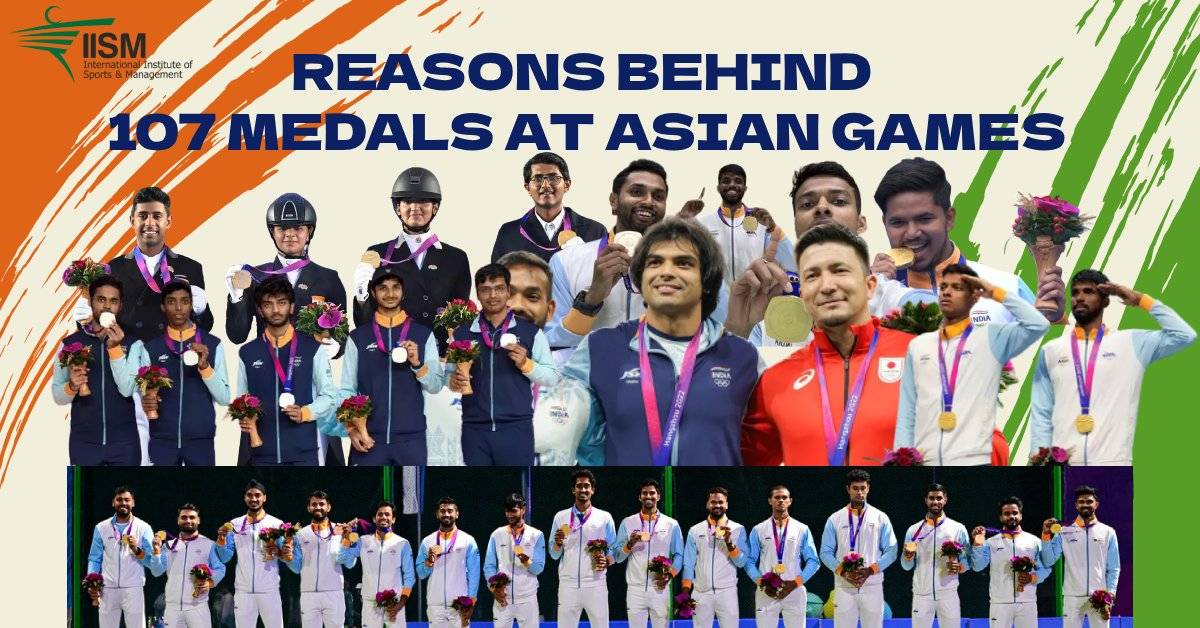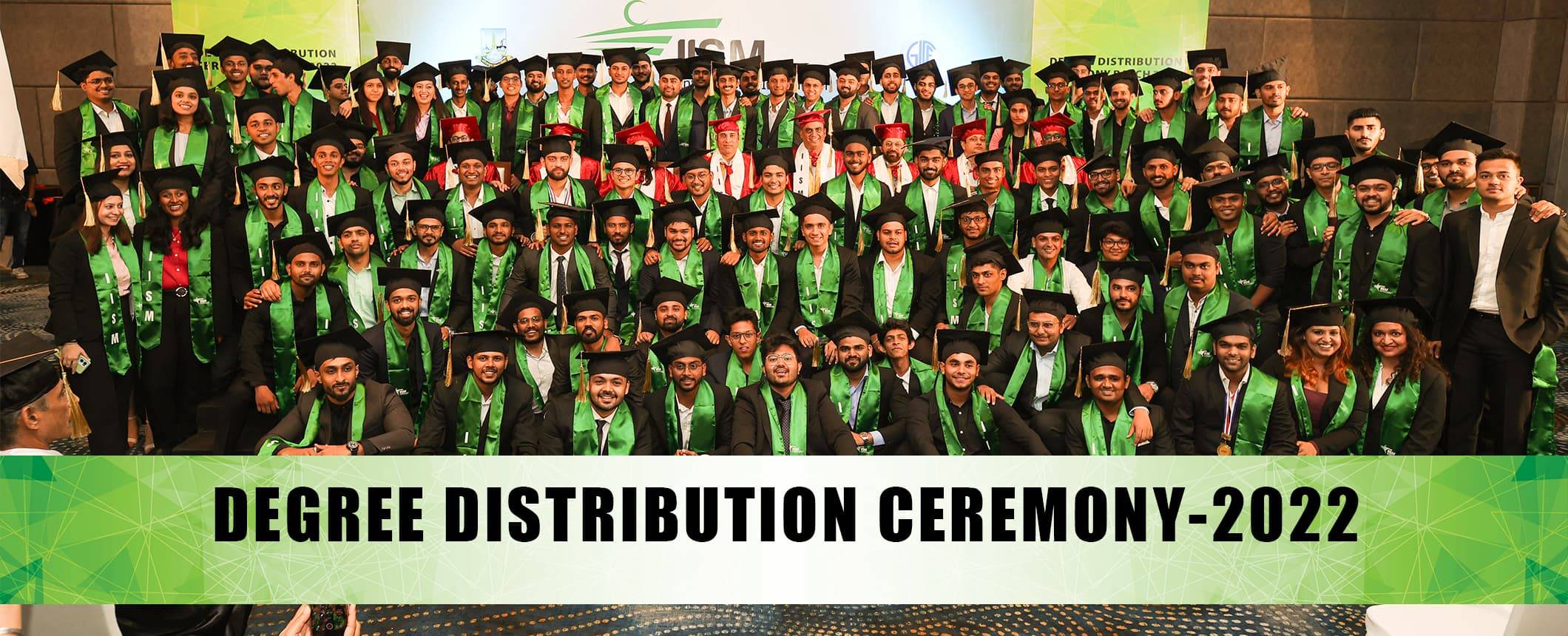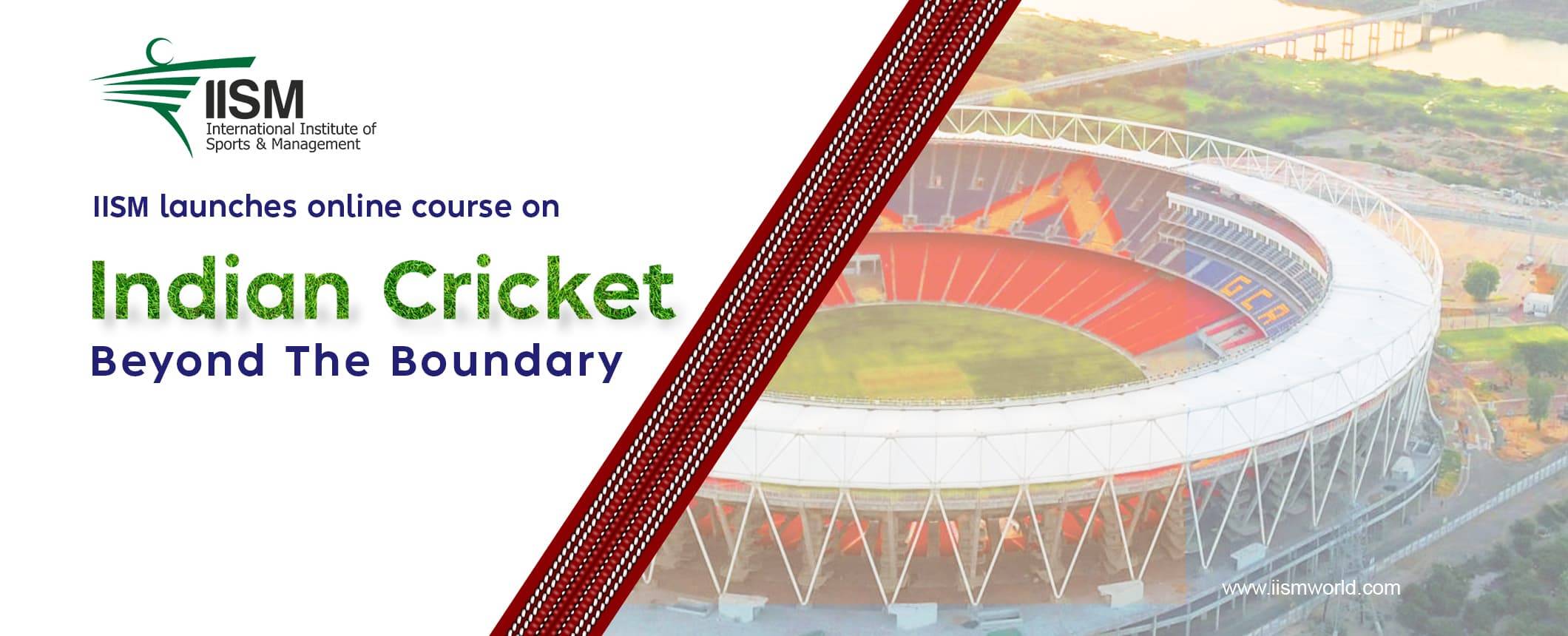The Inaugural IISM HR Conclave 2019

The inaugural IISM HR Conclave was organised on Friday, 8 February 2019 at the Boundary Hall, MCA Recreation Centre, Mumbai. This will be an annual feature.
The objective of the Conclave was to provide a platform for HR professionals working in the Sports industry to get pertinent inputs from stalwarts from their fraternity and interact with each other. IISM believed that the time was ripe for an event of this kind.
The rapid evolution of India’s sporting industry has resulted in the advent of new organisations, the upgradation of existing ones and the creation of diverse employment opportunities, among other things. There was therefore a need for educated professionals in areas like content, operations / logistics, sales / marketing, celebrity management, administration, venue management, media management, among others.
Nilesh Kulkarni, Founder-Director, IISM, noted in his welcome address that the Conclave was part of an effort to bridge the gap that presently exists between the Sports industry’s dynamic nature and its demand for professionals. He requested HR managers working in the Sports industry to help streamline the sector, which would result in set and planned internship and recruitment cycles, among other things.
Amitava Pal, Associate Dean, IISM, then provided a 360-degree view of IISM, its admission procedure and approach to internships and placements. He stressed on the need for HR managers to reduce, if not nullify, ‘randomness’ when it came to contacting the institute for internship / placement requirements. He mentioned the possibility of better collaboration between the institute and Sports HR managers if both sides calendarized their respective schedules well in advance and kept each other informed about the same.
The first guest speaker at the Conclave was Ms. Nidhi Kalra, Senior HR Business Partner at Star Sports. The cornerstone of her talk was Basketball legend Michael Jordan’s comment; ‘Talent wins games, but teamwork and intelligence wins championships.’
She spoke at length about the challenges that she and her team had tackled in the recent past. It was difficult to build a new sport, create new benchmarks and make things happen in the field of Broadcast, unless there was a team effort, she said. She emphasized the need to view failures as learning opportunities.
She provided the example of her team at Star, which succeeded at Kabaddi by putting into practice all the lessons that it had learnt after failing at Hockey. She also dwelt on the differences between ‘buying’ talent and ‘building’ it. While the former was relatively easier, the latter was not.
She mentioned the various measures that were being undertaken to ‘build’ talent, like hiring a diverse pool of people, all of whom were passionate about sport, and then taking them through training and orientation programmes. Talent was the core of business, she stated. She expressed her satisfaction at the performance of the 12 IISM students who were hired by Star Sports in December 2018 for a six-month internship.
Jitu Joshi, Co-Founder, SportzVillage and CEO, SportzConsult, was the next speaker. He highlighted the challenges he faced after he left a conventional job in the US and returned to India to create ‘great sports experiences’ and make sports a part of every Indian’s lifestyle. He reiterated Nidhi Kalra’s advice of learning from failures.
His initial business model did not work, but he modified his approach and started making progress. He went on to speak about the methods adopted by him and his team to acquire and then retain talent. He stressed on the concept of the ‘Happy Employee,’ which was synonymous with ‘Good Business.’ It was his and his organisation’s endeavour to ensure that the employees were fully engaged in, enjoyed and were enthusiastic about their respective jobs, as that would lead to better results and business.
There was a physical, emotional, intellectual and spiritual side to every employee. An employee within whom all four aspects were in sync with each other, was bound to be ‘Happy,’ he explained.
Mr. Joshi then elaborated on the man-management skills that he strove to practise, by illustrating the four aspects. To keep the employees motivated, they were allowed to play sports themselves (physical need). They were assigned areas of work that interested them (intellectual need). Learnings were implemented and a conscious effort was made to ensure that the employees took pride in their work (emotional need). The atmosphere at the workplace was informal and the seniors were approachable.
The employees worked at 70 % of their market salary because they were made to feel at home and given options like flexible work hours. Mr. Joshi made the point that employees would be agreeable to sacrificing some of their material needs if their physical, emotional, intellectual and spiritual needs were being met.
The final speaker was Prof. Ratnakar Shetty, former GM – Game Development at the Board of Control for Cricket in India (BCCI) and one of the most experienced and respected cricket administrators in the world. He told the fascinating story of the BCCI and the many changes that had taken place in it over the decades, many of which he witnessed first-hand.
From being a body whose office would change every three years, to an organisation that acquired a permanent HQ only in 2006, thanks to the initiative of Mr. Sharad Pawar, who was then heading the BCCI as well as the Mumbai Cricket Association, the BCCI had come a long way, he said. He spoke about the advent of professionals in the BCCI and changing perspectives.
The audience was in splits when he recalled how the Board discovered the value of TV rights by accident in 1991, when the South African Broadcasting Corporation offered the BCCI USD 2,00,000 to be able to broadcast matches involving South Africa. Till then, the BCCI relied on Doordarshan to telecast the matches. DD would produce the telecast free of cost and sometimes even make the BCCI pay for the same. All that changed in the early 1990s.
Prof. Shetty credited I.S. Bindra and Jagmohan Dalmiya for the changes that took place in the Board in that decade. When the BCCI got another TV network on board to produce the telecast of the Hero Cup in 1993, DD objected, but the Supreme Court ruled in a hearing that DD would have to bid for the TV rights like any other network, from that point. The rest was history.
Prof signed off by alluding to the efforts being put in by the BCCI, in association with professional organisations, to improve its external communication and highlight the many significant activities it was engaged in. This was necessary as it also helped allay negative perceptions of the Board.
The Conclave ended with a Vote of Thanks by Mr. Amit Gupte, COO, IISM.
Written by Mr. Devendra Prabhdudesai (Head Corporate Relations, IISM)
